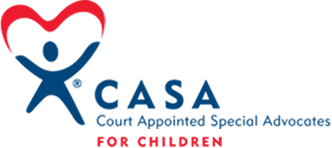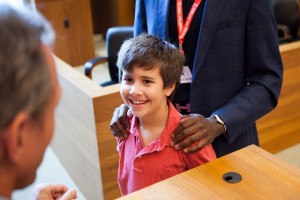News & Events
WELCOME TO OUR CASA COMMUNITY!
Dawn Sevcik, Benjamin Barnett, Carrie Hill, Lauren Hawley, Dustin Robinette (left to right) and Rachel Richards (pictured separately) got sworn in by Judge Benton Eskew in Bastrop County on November 17, 2020. They participated and completed our third virtual CASA Volunteer Training during COVID-19. Our thanks to all of you for your commitment. Congratulations!
CASA CHRISTMAS DONATION DRIVE!
WELCOME TO OUR CASA COMMUNITY!
Vicki Coleman, Jeff Wahrmund, Abigail Jones and Jennifer Kulka (left to right) were sworn in by Judge Benton Eskew in Bastrop County on September 22, 2020. They participated and completed our second ZOOM CASA Volunteer training during COVID-19. Our thanks to all of you for your commitment. Congratulations!
WELCOME TO OUR CASA COMMUNITY!
Sherri Ahart and Sheryl Berg (left to right) were sworn in by Judge Steinhauser in Fayette County on July 22, 2020. Sherri and Sheryl participated and completed our first ZOOM CASA Volunteer training during COVID-19. Our thanks to both of you for your commitment. Congratulations!
WELCOME TO OUR CASA COMMUNITY
Heidi Obie, Bill Owens, Jo Watts, Lisa Muras, Laura Frey, Doug Britton-Davis, Dave Tovar, Dee Houston and Bonnie Crankshaw (left to right) were sworn in by Judge Benton Eskew in Bastrop County on Tuesday, March 3, 2020. Everyone resides in Bastrop County, except Laura and Lisa, who reside in Fayette County and Heidi, who resides… Read more »
THANK YOU TO OUR COMMUNITY – COMMUNITY GIVING 2020!
THANK YOU TO OUR COMMUNITY – COMMUNITY GIVING 2019!

